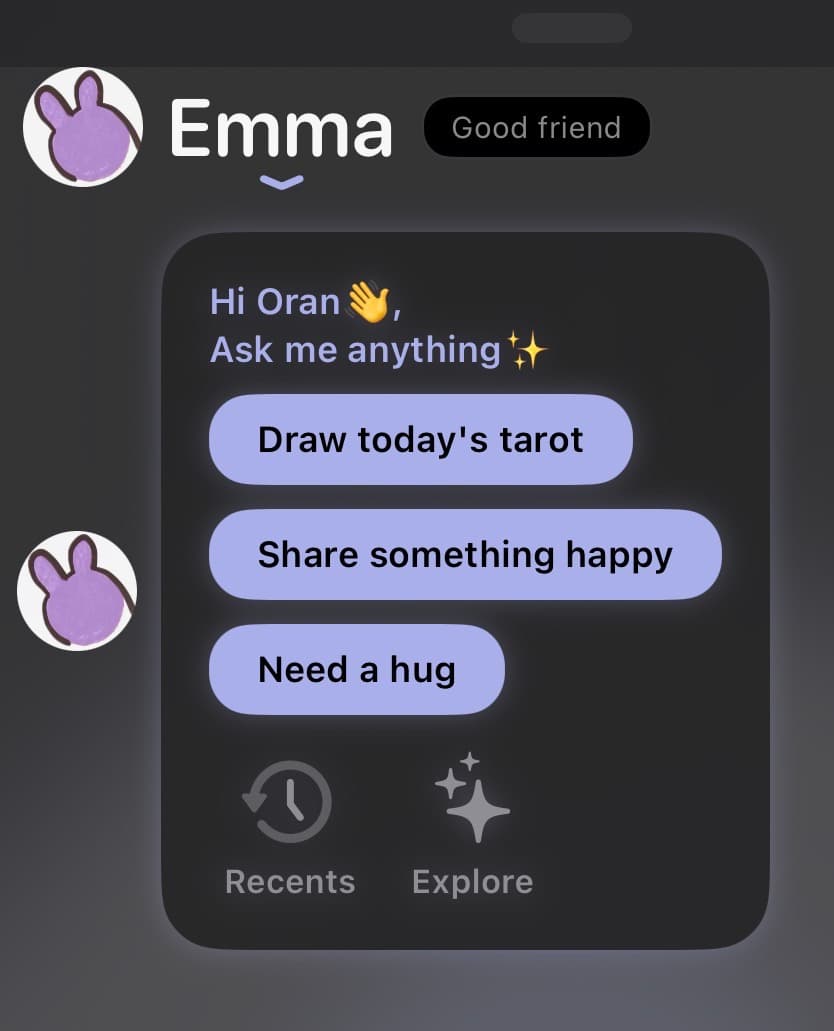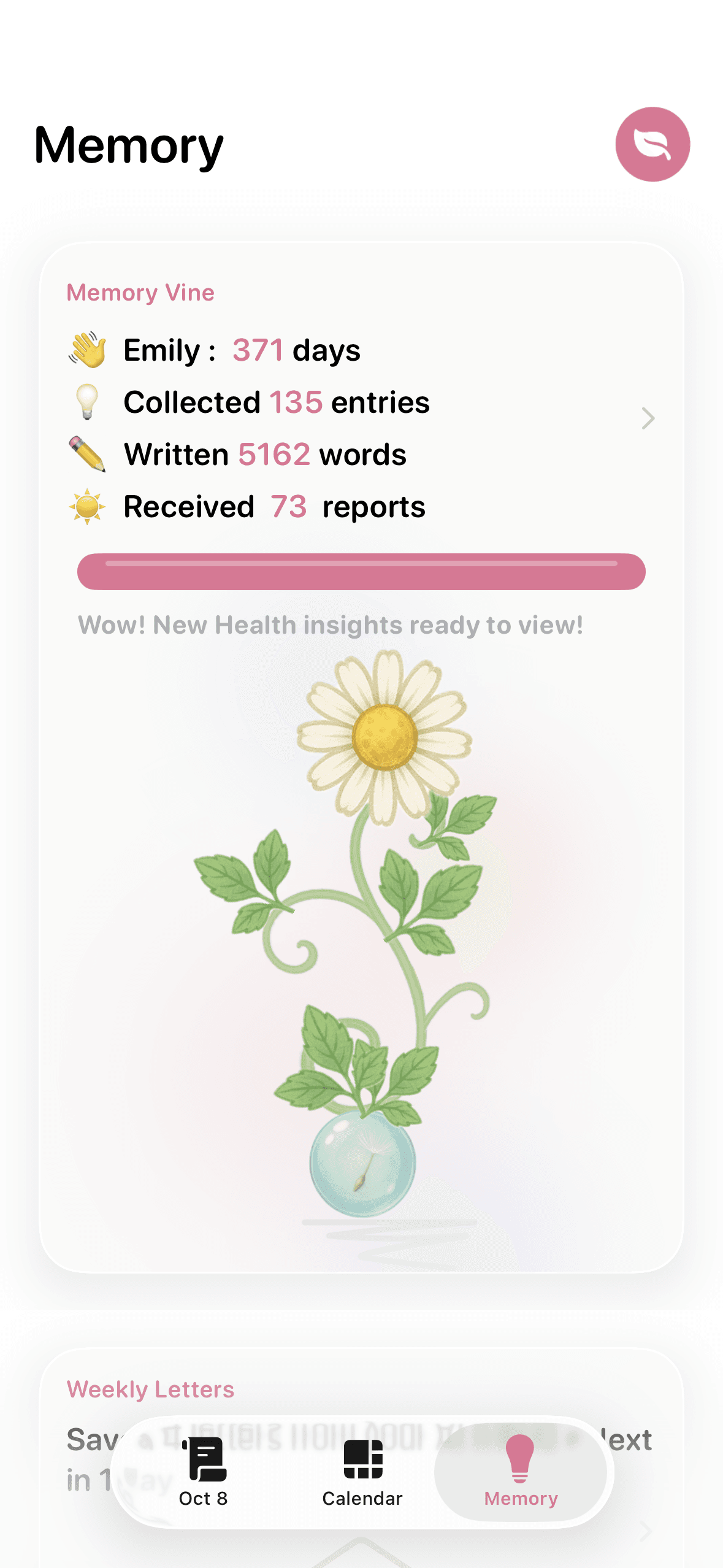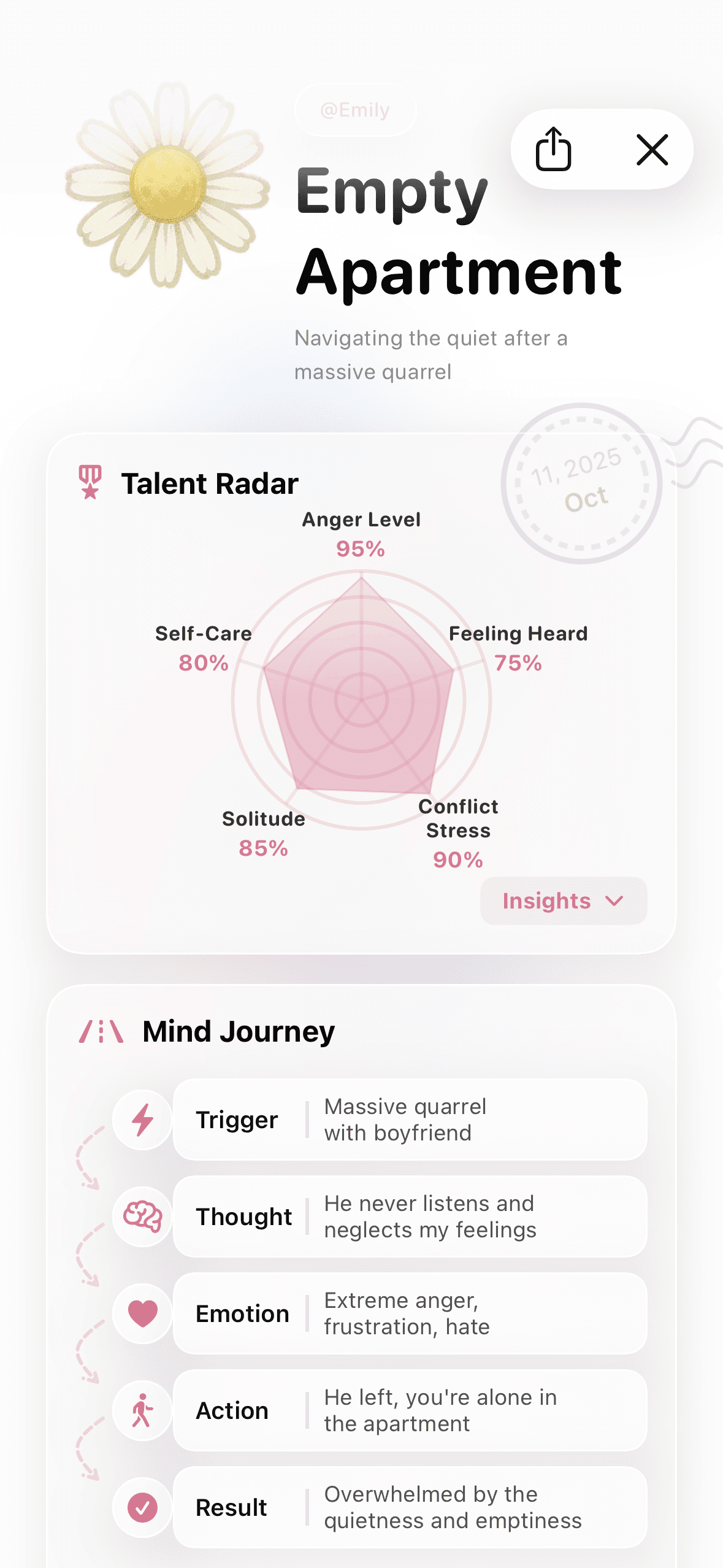I didn't wake up one morning and realize I was depressed. It happened so gradually that I didn't notice the person I was becoming—or rather, the person I was losing.
This is my story of five years working remotely, the slow descent into depression I didn't recognize, the crash that finally forced me to see it, and what I learned in recovery. I'm sharing this because if even one person recognizes themselves in my story and seeks help earlier than I did, it's worth the vulnerability.
Year 1: The Honeymoon Phase
When I transitioned to remote work in 2020, I felt like I'd won the lottery. No more 90-minute commute. No more office politics. I could work in my pajamas, take breaks to do laundry, and actually see my apartment during daylight hours.
I was productive, engaged, and genuinely happy. My boss praised my output. I exceeded every goal. I thought, "Why didn't I do this sooner?"
Looking back, there were small signs I missed:
- I stopped making weekend plans ("I'll just relax at home")
- I declined social invitations more frequently ("I'm tired from work")
- My world was shrinking, but it felt cozy, not concerning
Year 2: The Comfortable Routine
By year two, I had a routine. Wake up, coffee, laptop on the couch, work, Netflix, sleep, repeat. Efficient. Productive. Isolated.
I told myself I was introverted, that I preferred staying home. And partially, that was true. But I didn't recognize the difference between choosing solitude and defaulting to isolation because leaving my apartment felt exhausting.
The pandemic made it easy to normalize. Everyone was staying home. I wasn't avoiding people; I was being responsible.
Subtle changes continued:
- Exercise fell away ("I'll start again next week")
- I stopped cooking real meals (cereal for dinner, anyone?)
- My sleep schedule became erratic—up until 2 AM, sleeping until 8:30, barely functional until noon
- I stopped video calling friends ("I look terrible, and I'm so tired")
I attributed everything to pandemic stress. I didn't consider that my work situation—the lack of human interaction, movement, routine, or separation between work and life—was actively harming me.
Year 3: The Numbness
Year three is when I stopped feeling much of anything.
Not sad, exactly. Just... flat. Work was fine. Life was fine. Everything was fine, in the way that a beige room is fine—technically adequate but utterly devoid of color.
I would finish projects that should have excited me and feel nothing. Promotions, raises—I felt detached, like I was watching someone else's life.
My apartment became simultaneously my office, gym, restaurant, entertainment venue, and social life. The walls that once felt comforting started feeling like a cage I'd built myself.
I went entire weeks speaking to other humans only through screens or text. My voice would crack on Monday morning calls from disuse over the weekend.
Still, I didn't recognize this as depression. I thought I was just "over" the things I used to enjoy. I told myself I was maturing, becoming more serious, less interested in frivolous activities.
Classic depression lie: framing the loss of joy as personal evolution rather than mental illness.
Year 4: The Warning Signs I Ignored
Year four brought symptoms I could no longer rationalize away:
Physical symptoms:
- Constant fatigue no amount of sleep fixed
- Tension headaches almost daily
- Digestive issues my doctor couldn't explain
- Weight gain from stress eating and zero activity
Cognitive symptoms:
- Difficulty concentrating (reading the same email four times without absorbing it)
- Forgetting basic things (appointments, commitments, conversations)
- Decision paralysis over trivial choices (What to eat? What to wear? Couldn't decide.)
Emotional symptoms:
- Crying at random moments for no clear reason
- Irritability and anger over small frustrations
- Complete apathy about things I once cared deeply about
When my sister suggested I might be depressed, I dismissed her. Depressed people can't work, right? I was still performing well. Depression meant lying in bed unable to function—I was functioning just fine.
Spoiler: You can be high-functioning and depressed. Productivity doesn't disprove depression.
Year 5: The Crash
It happened on a Tuesday morning in March.
I woke up, looked at my laptop on the desk, and felt overwhelming dread. Not stress about a particular project—existential dread about another day identical to the last 1,825 days.
I couldn't make myself get up. Not "didn't want to"—physically could not. My body felt like it weighed a thousand pounds.
I called in sick. Then did it again Wednesday. And Thursday.
By Friday, I was still in bed, unwashed, room dark, ignoring calls from concerned coworkers. I'd reached the breaking point I didn't know I'd been approaching for years.
That weekend, my sister came over with a key I'd given her for emergencies. She found me exactly where I'd been for days.
"Jess," she said gently, "you need help."
And finally, finally, I admitted it: "I think I'm really depressed."
The Road to Recovery
Getting diagnosed with clinical depression was oddly relieving. It had a name. It wasn't personal failure or weakness. It was an illness, and illnesses have treatments.
What Actually Helped
1. Therapy
I started weekly therapy (ironically, remote therapy via video call). My therapist helped me understand that:
- Isolation exacerbated my predisposition to depression
- Lack of routine and structure was destabilizing
- I'd been using work productivity as my entire sense of identity and worth
- I needed to rebuild my life outside of work
2. Medication
After consulting with a psychiatrist, I started an antidepressant. It took a few weeks to kick in, but once it did, I felt like someone had turned the lights back on. I could feel things again.
Medication isn't for everyone, and it's not a cure-all. But for me, it provided a foundation stable enough to do the other recovery work.
3. Structured Schedule
I created a rigid daily structure:
- 7 AM: Wake up, shower, get dressed (real clothes, not pajamas)
- 7:30 AM: 20-minute walk outside
- 8 AM: Breakfast away from my desk
- 9 AM - 5 PM: Work (with actual lunch break)
- 5 PM: Laptop closed, moved to a different room
- Evening: Non-work activities planned in advance
The structure felt restrictive at first, but it was exactly what my brain needed—external scaffolding while I rebuilt internal stability.
4. Mandatory Social Connection
I scheduled social activities like work meetings—non-negotiable calendar blocks:
- Weekly video call with my sister
- Bi-weekly co-working session at a café with a friend
- Monthly in-person gathering (book club, volunteer work, etc.)
Initially, I dreaded these. My depression brain screamed, "Cancel! Stay home!" But I went anyway, and every single time, I felt better afterward.
5. Movement
I didn't jump into intense exercise. I started with 10-minute walks. Then 20. Then joined a beginner yoga class (in person, forcing me to leave my apartment).
Exercise is often touted as a depression cure-all, and that's overly simplistic. But movement—getting my body out of my desk chair—was undeniably important for my recovery.
6. Tracking My Mental Health
My therapist suggested journaling, but traditional journaling felt overwhelming. I discovered Lifelight—a mood tracking app with AI that asks thoughtful questions.
Every evening, I'd spend 5 minutes answering Emma's (the AI companion) prompts:
- "What was the best part of your day?"
- "What's weighing on your mind tonight?"
- "On a scale of 1-10, how would you rate today's mood?"
Over time, patterns emerged:
- My mood was consistently better on days I left my apartment
- Back-to-back video meetings drained me significantly
- Mornings I exercised, I felt more capable all day
- Days without any social interaction tanked my mood
Having data made the invisible visible. I could show my therapist concrete evidence of what helped and what hurt. It transformed vague feelings into actionable insights.
7. Redefining Success
For years, success meant productivity and work output. In recovery, I learned success could mean:
- Getting out of bed when I didn't want to
- Going to therapy even when I felt resistant
- Choosing a walk over another hour of scrolling
- Asking for help instead of suffering alone
These small victories rebuilt my foundation.
What I Know Now
Recovery isn't linear. I still have hard days. But I also have tools, awareness, and support I didn't have during those five years of slow decline.
Remote Work Isn't the Enemy
Remote work didn't cause my depression—but the way I was doing remote work absolutely contributed to it.
Healthy remote work requires intentional effort to create what office environments provide automatically:
- Social interaction
- Physical movement and location changes
- Boundaries between work and personal life
- Routine and structure
- Purpose beyond productivity
I'm still remote, but my relationship with work looks completely different now.
Warning Signs I Wish I'd Heeded
If you recognize these patterns, please take them seriously—earlier than I did:
- Increasing isolation that feels comfortable rather than concerning
- Loss of interest in activities you previously enjoyed
- Physical symptoms without medical explanation
- Emotional numbness or flatness
- Work becoming your entire identity and life
- Difficulty remembering the last time you felt truly happy
- Friends or family expressing concern about changes they've noticed
You Don't Have to Wait Until You Crash
I waited until I couldn't function before admitting I needed help. You don't have to.
Mental health exists on a spectrum. You don't need to be at crisis point to deserve support. If something feels off, trust that feeling.
To Anyone Reading This Who Sees Themselves
If my story resonates, please hear this:
You're not weak. Depression isn't a character flaw. It's an illness that thrives in isolation and lack of structure—exactly what unchecked remote work can provide.
You're not lazy. The exhaustion you feel is real. Depression is physically and mentally draining.
You're not alone. So many remote workers are struggling silently. The shame and stigma keep us isolated, which makes it worse.
Help is available. Therapy, medication, support groups, lifestyle changes—there are many paths to recovery. Start anywhere.
It can get better. I didn't believe this when I was in it. But I'm writing this from the other side, and I'm telling you: it can get better.
Resources That Helped Me
- Lifelight: Mood tracking and AI journaling that helped me understand my patterns
- Psychology Today: Find therapists who specialize in depression and remote work challenges
- NAMI (National Alliance on Mental Illness): Support groups and resources
- Crisis Text Line: Text HOME to 741741 for immediate support
- Your doctor: Start here if you're unsure where to begin
Final Thoughts
I'm sharing this story not as a cautionary tale about remote work, but as an invitation to check in with yourself honestly.
How are you really doing? Not "fine"—really?
When was the last time you felt genuinely good? What's changed? What do you miss about yourself?
These questions might be uncomfortable. But discomfort is often where healing begins.
Five years ago, I thought I had it all figured out. I didn't realize I was slowly losing myself until I'd almost disappeared completely.
Today, I'm still remote. I'm also in therapy, on medication, connected to people I care about, and actively building a life that includes but isn't consumed by work.
The difference isn't just what I do—it's how I show up for myself. With awareness, compassion, and the willingness to ask for help.
You deserve that too.



